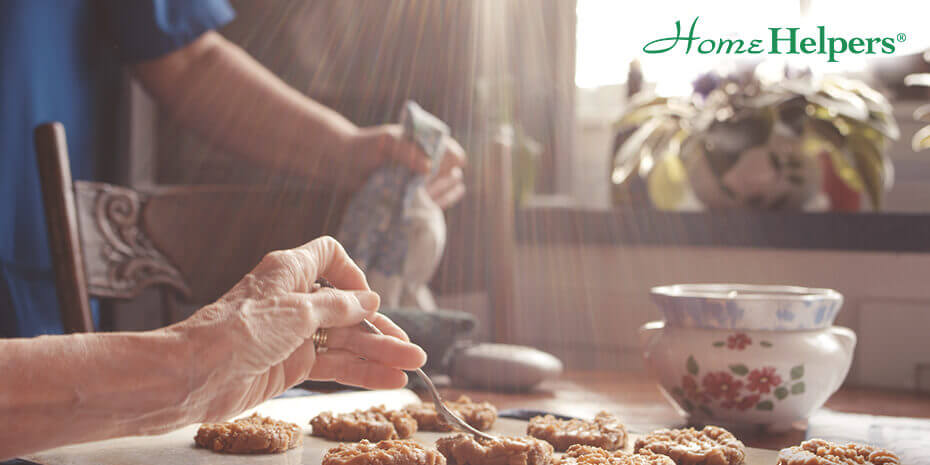Life has been good to you. You retired from a job you loved, raised successful children, traveled with loved ones and friends and saved enough money to live a comfortable life through your golden years. You are physically and mentally healthy and the outlook is good – until you begin to forget the simple things. You skip meals, miss appointments and the mail box is overrun with weeks of forgotten mail. You know you haven’t been yourself, yet these are just little “hiccups” in the aging process. You’re not that old and you can take care of yourself.
This scene is a familiar one played in homes across the nation as baby boomers fall prisoner to the realities of aging. They can live with getting older and a few new aches and pains. What hurts most is the children and grandchildren constantly nagging about those little “hiccups”: “You’re not listening, you’re not eating enough, you need to stop driving, you can no longer handle money, you don’t look healthy and the most crushing of them all, you can no longer live alone. This back and forth could easily be deemed bullying. Surprised? The concern of children, grandchildren and younger siblings often meets the definition of bullying: “Bullying is unwanted, aggressive behavior that involves a real or perceived power imbalance. The behavior is repeated or has the potential to be repeated over time. Bullying includes making threats, spreading rumors, attacking someone physically or verbally or excluding someone from a group or gathering on purpose.” Do they know they are bullying? Most don’t realize it until it becomes a serious problem. Do they do it on purpose? Rarely do family members intentionally bully someone they love.
Bullying comes in many forms and can be physically and mentally destructive. It can be found in the home, in medical environments, in the homes of extended family, in social environments and in care facilities. Because the elderly is largely dependent on others, struggling with health issues, changes in environments and loss of independence they are easy targets for the people who love them and those who don’t. We constantly hear stories of predators, telemarketers, collectors and opportunists bullying seniors into making purchases, investing life savings, opening accounts and sending money. Even those responsible for their health and wellness, eyecare and dental care have been found guilty of bullying. Long and short-term care facilities, nursing homes, rehabilitation facilities and family caregivers are added to what has become a long list of people and organizations guilty of elder abuse.
The Administration on Aging reports, “While mistreatment by faculty and staff may take center stage in conversations about elder abuse, as many as one out of every five senior living residents suffers some form of mistreatment by their peers. And as the baby boomers continue to age into retirement and the need for senior housing grows, so will incidences of senior bullying,” (mmlearning.org). Although cell phones and social media have put a spotlight on much of this activity, the more aware society becomes, the more stressed families grow.
Protecting your loved one from bullying often begins in the home. Make your senior aware of bullying and let them know you will believe them. Discuss the various forms of bullying and suggest ways of confronting the bully. We live in a fast-paced society, one they might not understand. Remove the coat, put down the groceries, turn off the cell phone and find a quiet place to talk. Ask opened-ended questions and repeat what you hear them saying. Remain upbeat and positive – let them know you hear them, trust what they are saying and are prepared to act on their behalf. If in-home bullying is suspected, change care-givers; if medical bullying is suspected, change providers.
Get involved. Inform family, friends and social workers. It is better for your loved one to be wrong than for you to fail to respond to the accusations. Should the suspected abuse be true, make immediate changes, if there was no abuse, explain your findings and ask more questions. Home Helpers Home Care is here to provide guidance, support and trained, licensed caregivers. Call us to learn more.

